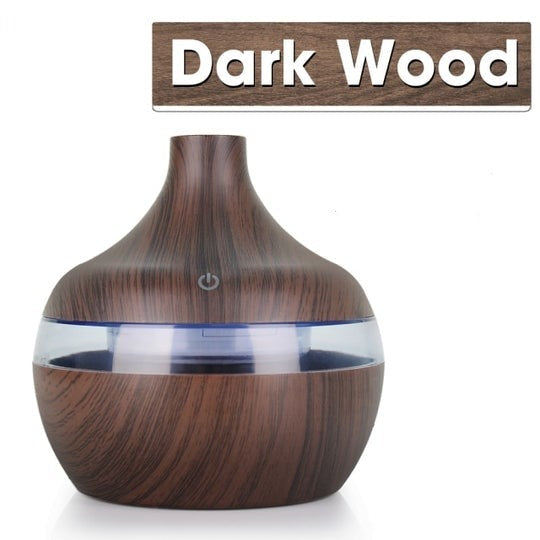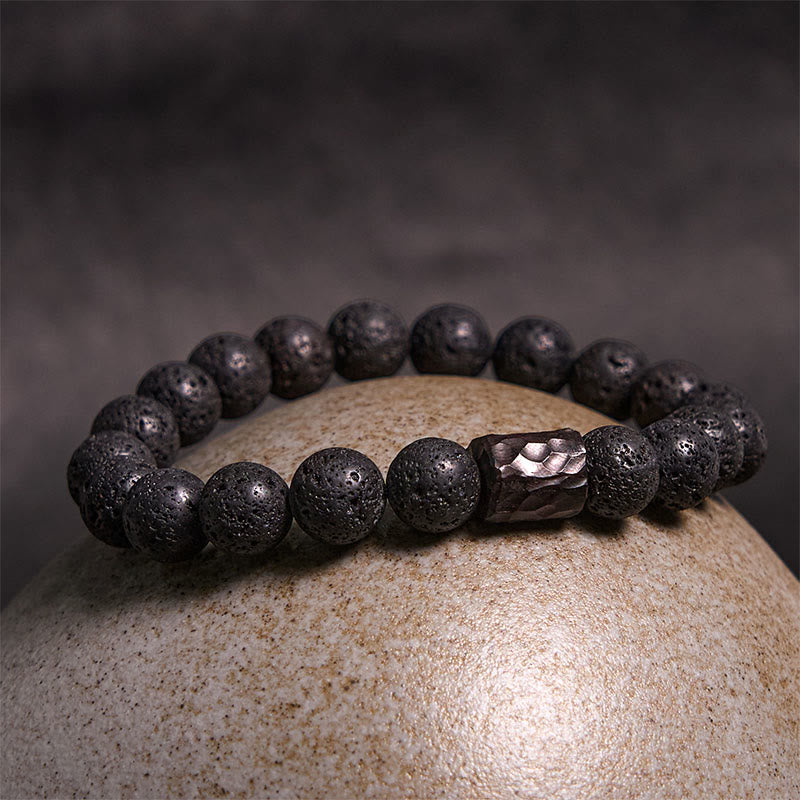Ein ruhiges, duftendes Zuhause ist eine wunderbare Möglichkeit, sich zu entspannen und Achtsamkeit zu üben. Für Katzenbesitzer wirft der sanfte Weihrauch jedoch eine wichtige Frage auf: Ist Weihrauch schädlich für Katzen? Viele von uns, die ihre Katzenfreunde und ihre beruhigenden Rituale lieben, machen sich Sorgen über die möglichen Gesundheitsrisiken. Der wohltuende Duft, den Sie genießen, könnte leider eine erhebliche Gefahr für die empfindlichen Atemwege Ihres Haustiers darstellen.
Die Wahrheit ist: Was für Sie entspannend ist, muss für Ihre Katze nicht unbedingt sicher sein. Katzenlungen sind viel empfindlicher als unsere und daher anfällig für Reizstoffe in der Luft. In diesem Leitfaden untersuchen wir die wissenschaftlichen Hintergründe, warum Weihrauchrauch für Katzen schädlich sein kann, wie man Vergiftungssymptome erkennt und stellen sicherere, katzenfreundliche Alternativen vor, damit Ihr Zuhause friedlich und haustiersicher bleibt.
Die unsichtbaren Risiken: Warum Weihrauchrauch für Katzen schädlich sein kann
Während der Duft von Sandelholz oder Lavendel reinigend wirken kann, ist der Rauch selbst eine komplexe Mischung aus Partikeln und Chemikalien. Beim Verbrennen von Räucherstäbchen werden Feinstaub, flüchtige organische Verbindungen (VOCs) und andere potenzielle Reizstoffe in die Luft freigesetzt. Bei Katzen mit ihren hochempfindlichen Atemwegen kann das Einatmen dieses Rauchs zu zahlreichen gesundheitlichen Problemen führen.
Katzen sind besonders anfällig für Erkrankungen wie Katzenasthma, und das Einatmen von Rauch kann einen Anfall auslösen oder verschlimmern. Die winzigen Partikel können sich tief in der Lunge festsetzen und Entzündungen, Reizungen und Langzeitschäden verursachen. Darüber hinaus enthalten viele Räucherstäbchen ätherische Öle oder synthetische Duftstoffe, die beim Verbrennen und Einatmen für Katzen giftig sind. Düfte wie Teebaum, Eukalyptus und bestimmte Kiefern können gefährlich sein und zu Atemnot oder sogar Vergiftungen führen.

Die Anzeichen erkennen: Symptome einer Weihrauchvergiftung bei Katzen
Da unsere Katzen uns nicht mitteilen können, wenn sie sich unwohl fühlen, ist es für Besitzer wichtig, die Anzeichen von Reizungen oder Vergiftungen durch Räucherwerkrauch zu erkennen. Der Kontakt kann verschiedene Symptome verursachen, von leicht bis schwer. Wenn Sie zu Hause Räucherwerk verbrennen, achten Sie auf folgende Veränderungen im Verhalten oder Gesundheitszustand Ihrer Katze.
Zu den häufigsten Symptomen einer Räucherstäbchenexposition bei Katzen gehören:
- Tränende oder gereizte Augen
- Niesen, Husten oder Keuchen
- Atembeschwerden oder schnelle Atmung
- Sabbern oder Schaum vor dem Mund
- Lethargie oder ungewöhnliche Trägheit
- Übelkeit oder Erbrechen
- Hautreizungen oder übermäßiges Kratzen
Wenn Sie eines dieser Anzeichen bemerken, insbesondere nach dem Abbrennen von Räucherstäbchen, wenden Sie sich unbedingt sofort an Ihren Tierarzt . Bringen Sie Ihre Katze an einen gut belüfteten Ort mit frischer Luft und stellen Sie die Verwendung des Räucherstäbchens sofort ein.
Darf man in der Nähe von Katzen Räucherstäbchen verwenden? Ein Leitfaden für sicherere Praktiken
Obwohl es am sichersten ist, ganz auf das Verbrennen von Räucherwerk zu verzichten, suchen manche Besitzer nach Möglichkeiten, das Risiko zu minimieren. Wenn Sie sich für die Verwendung von Räucherwerk entscheiden, ist äußerste Vorsicht und Achtsamkeit unerlässlich. Ziel ist es, die Belastung Ihrer Katze so gering wie möglich zu halten.
Erwägen Sie diese Strategien zur Schadensminderung:
- Sorgen Sie für ausreichend Belüftung: Verbrennen Sie Räucherstäbchen immer in einem Raum mit offenen Fenstern und guter Belüftung, damit der Rauch schnell entweichen kann. Verwenden Sie Räucherstäbchen niemals in kleinen, geschlossenen Räumen.
- Getrennt halten: Verwenden Sie Räucherstäbchen in einem Raum, zu dem Ihre Katze keinen Zugang hat. Halten Sie die Tür geschlossen und lassen Sie den Raum vollständig lüften, bevor Sie Ihr Haustier wieder hineinlassen.
- Wählen Sie natürliche, einfachere Düfte: Wenn Sie Räucherstäbchen verwenden müssen, wählen Sie solche aus rein natürlichen Materialien ohne synthetische Zusätze oder giftige ätherische Öle. Allerdings kann auch „natürlicher“ Rauch Reizstoffe verursachen.
- Niemals unbeaufsichtigt lassen: Eine offene Flamme und eine neugierige Katze sind eine gefährliche Kombination. Beaufsichtigen Sie brennendes Räucherwerk immer, um Unfälle zu vermeiden.

[Sammlungs-Schieberegler]
Katzenfreundliche Aromatherapie: Sicherere Alternativen zu Räucherstäbchen
Die gute Nachricht: Sie müssen nicht auf ein herrlich duftendes Zuhause verzichten. Es gibt viele wunderbare, haustierfreundliche Aromatherapie- Optionen, die eine beruhigende Atmosphäre ohne gefährlichen Rauch schaffen. Wenn Sie diese Alternativen erkunden, können Sie Ihre Wellness-Rituale fortsetzen und gleichzeitig Ihren pelzigen Begleiter schützen.
Eine der besten räucherwerkfreien Optionen ist ein Diffusor für ätherische Öle . Diffusoren verbreiten den Duft durch einen feinen, kühlen Nebel anstelle von Rauch, was die empfindliche Lunge deutlich schont. Es ist jedoch unbedingt erforderlich, nur ätherische Öle zu verwenden, die für Katzen unbedenklich sind, wie Lavendel oder Kamille, und diese stark zu verdünnen. Eine Liste giftiger und ungiftiger Substanzen finden Sie bei einer zuverlässigen Quelle wie der ASPCA Animal Poison Control Center. Sorgen Sie immer dafür, dass Ihre Katze den Raum verlassen kann, wenn sie den Duft als zu stark empfindet.

Eine weitere hervorragende Wahl sind geruchsneutrale oder natürlich duftende Soja- oder Bienenwachskerzen, die weniger Ruß produzieren als Paraffin. Für eine persönliche Note sorgen Aromatherapie-Schmuckstücke wie Lavasteinarmbänder, mit denen Sie Ihre Lieblingsdüfte auch unterwegs genießen können, ohne Ihre Katze jemals in die Nähe zu bringen.
Kollektion für inneren Frieden und emotionales Gleichgewicht
$119.99 $159.99
Bringen Sie mit diesem Diffusor für ätherische Öle und dem Mala-Set Ruhe in Ihr Zuhause – perfekt für Tierbesitzer, die sich sichere Entspannung ohne Räucherstäbchen wünschen.
Produkt entdeckenGönnen Sie sich eine persönliche, haustiersichere Aromatherapie
$39.99
$49.99
Erleben Sie den ganzen Tag eine beruhigende, katzensichere Aromatherapie – geben Sie einfach haustierfreundliches ätherisches Öl in dieses wohltuende Edelstein-Diffusorarmband. Mehr erfahren ➔
$36.90
$52.90
Unterstützen Sie Entspannung und emotionales Gleichgewicht mit diesem Lavasteinarmband – genießen Sie die Gewissheit, dass es geruchsneutral und tierfreundlich ist. Mehr erfahren ➔
Fazit: Ein harmonisches Zuhause für alle
Letztendlich stehen die Gesundheit und Sicherheit Ihrer Katze an erster Stelle. Obwohl die Tradition des Räucherns alt und bedeutsam ist, sind die potenziellen Risiken für unsere Katzen zu groß, um sie zu ignorieren. Rauch, Chemikalien und starke Gerüche können Atemnot und andere ernsthafte Gesundheitsprobleme verursachen.
Wenn Sie die Gefahren verstehen, die Symptome einer Exposition erkennen und sicherere Alternativen wählen, können Sie ein Zuhause schaffen, das sowohl ein spiritueller Zufluchtsort für Sie als auch eine sichere, gesunde Umgebung für Ihr geliebtes Haustier ist. Wählen Sie Optionen wie Diffusoren für ätherische Öle mit haustiersicheren Ölen oder persönlichen Aromatherapie-Schmuck, um sicherzustellen, dass Ihre Wellness-Praktiken das Wohlbefinden aller Familienmitglieder unterstützen, auch der pelzigen.
Häufig gestellte Fragen zur Sicherheit von Räucherstäbchen für Katzen
Ja, Weihrauchrauch kann für Katzen schädlich sein. Ihre Atemwege reagieren sehr empfindlich auf die Partikel und flüchtigen organischen Verbindungen (VOCs), die beim Verbrennen von Weihrauch freigesetzt werden. Dies kann zu Atemwegsreizungen, Asthmaanfällen und anderen gesundheitlichen Problemen führen.
Zu den Symptomen gehören Husten, Niesen, tränende Augen, Atembeschwerden, Speichelfluss, Lethargie und Erbrechen. Wenn Sie nach dem Abbrennen von Räucherstäbchen eines dieser Anzeichen bemerken, bringen Sie Ihre Katze an die frische Luft und kontaktieren Sie sofort einen Tierarzt.
Leider ist kein Räucherstäbchenrauch wirklich „sicher“ für Katzen, da Rauch in jeder Form die Atemwege reizt. Es ist immer besser, auf rauchfreie Alternativen wie Diffusoren für ätherische Öle mit haustiersicheren Ölen oder geruchsneutrale Kerzen zurückzugreifen.
Um Aromatherapie sicher anzuwenden, wählen Sie für Katzen unbedenkliche ätherische Öle (wie Lavendel oder Kamille), verwenden Sie einen Diffusor, anstatt etwas zu verbrennen, sorgen Sie für ausreichende Belüftung und lassen Sie Ihrer Katze immer die Freiheit, den Raum zu verlassen, wenn sie dies möchte.
Bei richtiger Anwendung sind Diffusoren für ätherische Öle im Allgemeinen eine bessere Option als Räucherstäbchen. Sie erzeugen keinen schädlichen Rauch. Verwenden Sie jedoch nur bestimmte ätherische Öle, die für Katzen ungiftig sind, und achten Sie darauf, dass diese richtig verdünnt sind, da viele Öle für Katzen dennoch gefährlich sind.







